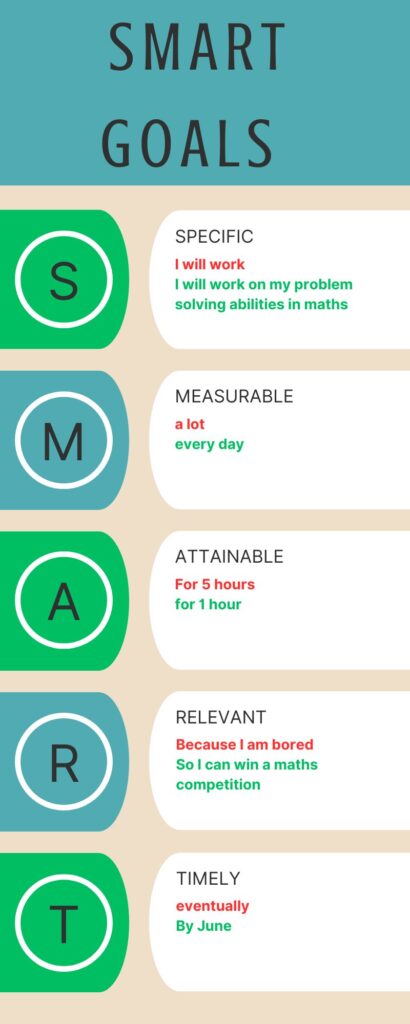Mastering Meditation: A Beginner’s Guide to Starting and Sticking with a Habit
Meditation has gained immense popularity in recent years for its ability to reduce stress, improve focus, and enhance overall well-being.
However, for many beginners, the idea of sitting still and clearing their minds can seem daunting.
This guide will provide you with practical tips and strategies to help you embark on your journey and establish a sustainable habit.
Understanding the Basics of Meditation
What is meditation? A brief overview of meditation techniques.
Meditation is a powerful method of breathing and focus that takes many forms. One form is mindfulness meditation, which is done by breathing slowly in and out while fully focusing on the breath and ignoring any other thoughts.
Benefits of meditation: Explore the physical, mental, and emotional advantages.
Meditation allows for:
- better focus and concentration
- Self-awareness of thoughts
- Less stress and anxiety
Common misconceptions: Address misunderstandings about meditation.
Meditation is not some monk thing or weird thing, it has been proven to work and anyone can and should do it.
Choosing the Right Meditation Technique
Guided meditation: The benefits of using guided audio or video sessions.
You can download an app or follow a video to help you relax and fully concentrate, this could be great to first learn the basics.
Some great apps include:
- Headspace
- Calm
Great videos and YouTube channels include:
Mindfulness meditation: Focusing on the present moment without judgement.
Focusing on breathing and not thinking about anything else, this can build concentration, willpower and awareness.
Creating a Meditation Space
Finding a quiet location: Choose a peaceful spot where you won’t be disturbed.
Setting the mood: Use comfortable seating, soft lighting, and soothing sounds.
Preparing your mind: Let go of distractions and focus on the present moment. For more on limiting distractions visit our article on creating a perfect work environment.
Starting Your Meditation Practice
Setting realistic goals: Begin with short sessions and gradually increase the duration.
Also set SMART goals.

Finding the right time: Experiment to determine the best time of day for you.
Handling discomfort: Address physical sensations and mental distractions.
Overcoming Challenges and Staying Consistent
Dealing with restlessness: Techniques to calm a busy mind.
Practice breathing and meditative breathing when you are stressed, remember to forget everything.
Escape to nature and meditating there is even more powerful, places like forests, beaches or parks are great.
Building a meditation habit: Tips for staying consistent and motivated.
Just do it.
Do it even if you don’t want to or don’t know how, build the habit of doing it for 1 minute, then 2 then 3 until you can even do it for 20 minutes or more.
Conclusion
Meditation is a powerful tool for personal growth and well-being. By following these guidelines, you can establish a regular practice and experience the transformative benefits firsthand.
Remember, consistency is key, so be patient with yourself and celebrate your progress along the way.
